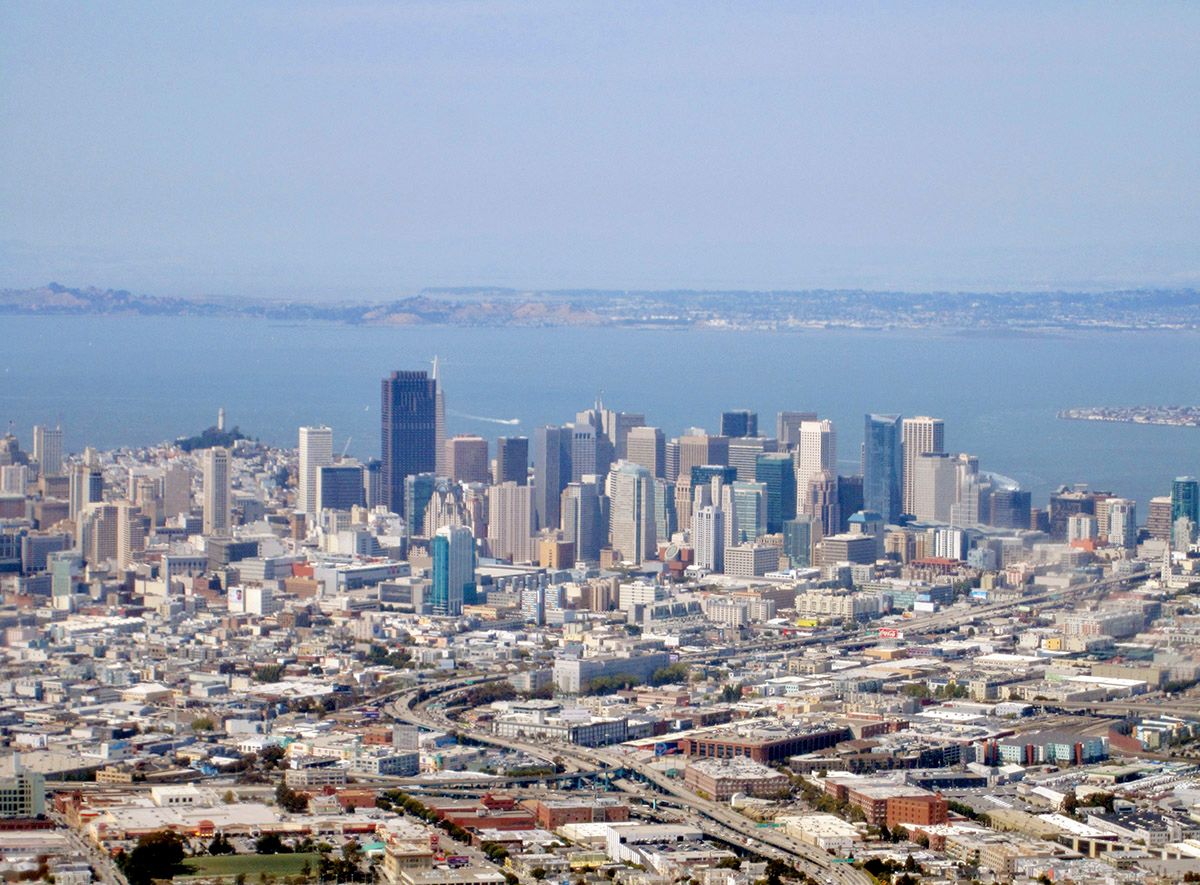
There is a growing international understanding that cities have become too expensive for the people who live and work in them. It is an affliction across the United States, but also around the world as well. Just take some recent coverage of the issue:
- Vancouver has been one target lately, with home prices rising to an average of C$1.3 million. Unsurprisingly, many workers are leaving, decamping for other nearby cities in a bid to try to lower their housing bills.
- London has experienced an almost apocalyptic increase in housing prices, driven by Russian and other oligarchs moving huge dollars into the city’s real estate market. Rowan Moore shows in his book Slow Burn City just what the cost of that situation has been for London, and how it wasn’t always like this.
- And of course, we have the United States, where San Francisco, New York, and Boston (among a long list of others) are pricing people out of the local property markets.
The high price of homes is an affliction across the planet, and as I have argued before, is probably the single most important public policy problem affecting my generation. Housing is fundamentally about access to economies. People want to live in these cities not just because of their amenities, but rather to access well-paying and dynamic jobs. Lack of housing — and lack of affordable housing — means that we are preventing people who would otherwise migrate for better jobs to flounder. What a waste.
The issues today around urban housing go beyond that though. Over the last few decades, homes have come to be seen less as shelter and more as a financial asset for the store of value to be traded. London is expensive because people want to live there of course, but the skyrocketing value of homes has more to do with foreign capital coming into the country rather than millions of migrants.
Of course, all of those empty homes and apartment buildings don’t just sit there. They instead enact a real cost on the local community by removing people from the community, as well as the associated economic activity that comes with them. Human connections flourish in contexts of stability, but these urban communities are becoming increasingly transient or even non-existent.
For the most part, it doesn’t matter to me whether someone builds luxury housing in a city. The process of filtering ensures that today’s luxury apartment will be tomorrow’s middle class apartment and on down the chain. What bothers me is that we aren’t building at all, and yet, we have the gall to complain about prices increasing. Prices follow policy.
It’s funny, but there are large cities in the world where housing prices have been far more “normal.” Take Seoul for instance. Housing prices in the city have actually decreased in some years, driven by a massive housing construction boom as well as an increasingly aging population and high household debt. You have to hit both supply and demand if we intend to make a dent in prices.
All of this brings me to the question in the title: Does San Francisco, a city that is now the most expensive in the United States, still have the potential to be a viable startup ecosystem?
The question on the first hand seems almost crazy. The concentration of talent in the Bay Area is enormous, as is the concentration of venture capital. There are so many experienced people walking around, as well as so many coworking sites and accelerators and incubators to help any founder in the ecosystem.
Yet, the costs have become so obscene, that it is hard to imagine how startup founders and employees are expected to continue living in the area.
Salaries are increasing yet again to compensate for the cost of living. As just one example, an SF startup I know just lost a college-grad software engineer to another early-stage company. They had offered a $120,000 salary, which was apparently significantly lower than the other startup. I can understand these salaries from Google and other established firms, but how can startups survive in these conditions?
I have seen something of a diffusion of startups to other cities, and my guess is that this visible trend continues, and in fact, may even accelerate. Ultimately, San Francisco’s value is its people, and that can’t last long if they can no longer afford to live there or raise a family there.
When we think of housing policy, our top goal should be to ensure the people of a city can work and live there. Only then should we be focused on housing as an investment asset. We’ve been doing the reverse of that for so long, and it’s locking an entire generation out of the housing markets. It’s time to make that right.
Photo by yours truly